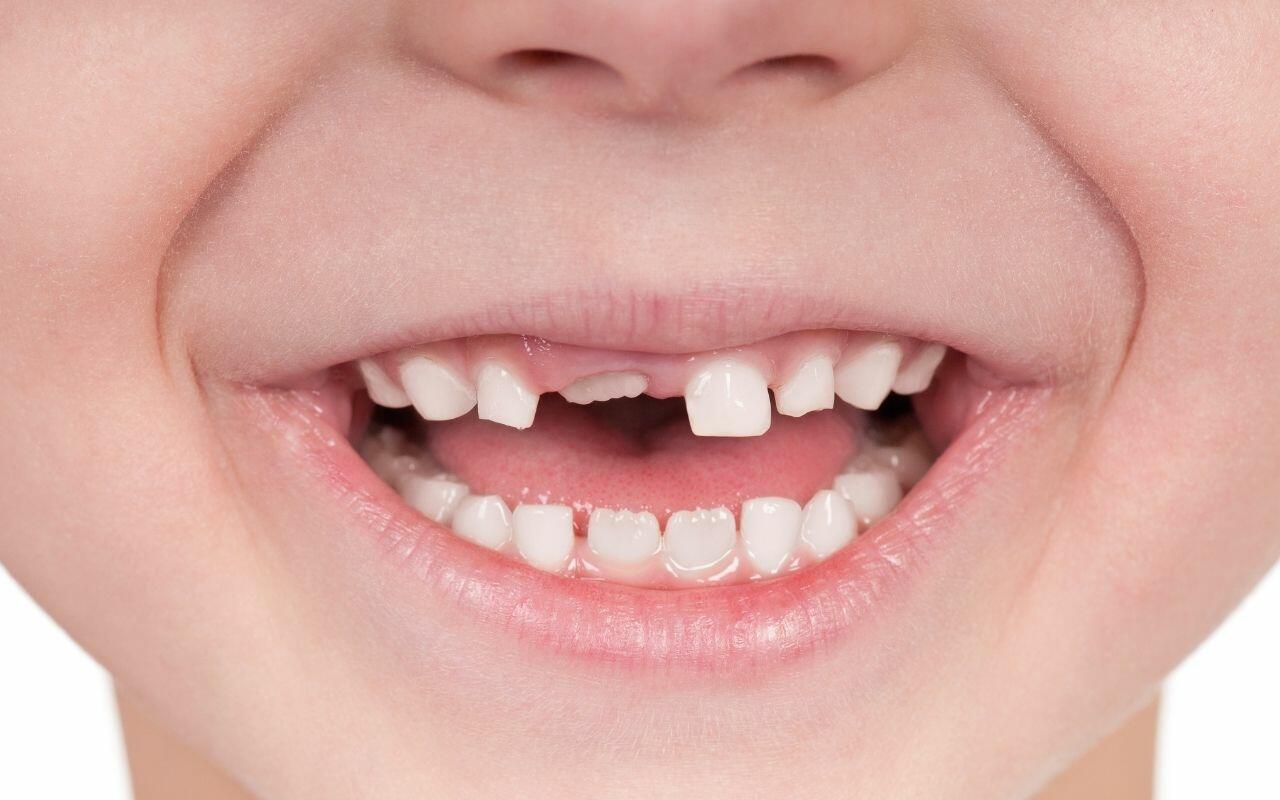Ensuring your child has regular dental checkups starting from the appearance of their first tooth helps them develop good oral health. It also helps them have a positive view of dentists and dental offices. Throughout their childhood they will become better able to manage their own oral health regime, allowing them to enjoy healthy teeth and gums for life. Regular checkups allow your dentist to spot common childhood dental problems in children, playing an important role in determining preventative treatments your child might require. Here are the most common childhood dental problems your child’s dentist finds.
Most Common Childhood Dental Problems
Tooth Decay
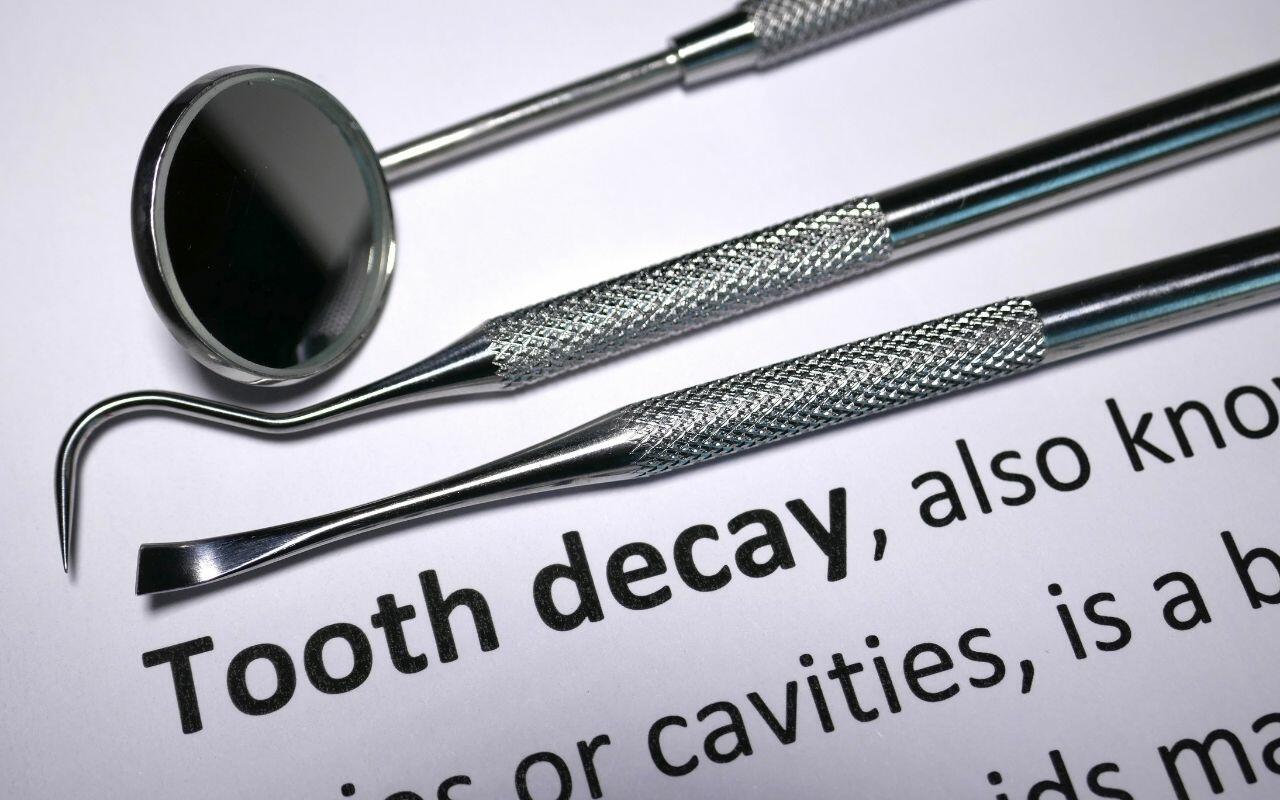
Tooth decay affects 20% of children between the ages of five to 11. This is why it is so important to schedule regular dental checkups for your kids. Perhaps even more importantly, your dentist will provide important tips to help prevent tooth decay. If your child shows signs of tooth decay, or their teeth have pits and caries, your dentist can also apply sealant to prevent tooth decay from setting in.
You can also help your child avoid tooth decay by helping them brush their teeth properly. This will help remove damaging bacteria and plaque. Professional dental cleanings remove anything your child can’t remove with brushing and flossing. You can also ensure your child enjoys a healthy diet, free of foods that encourage acid development that will erode tooth enamel.
Bad Breath
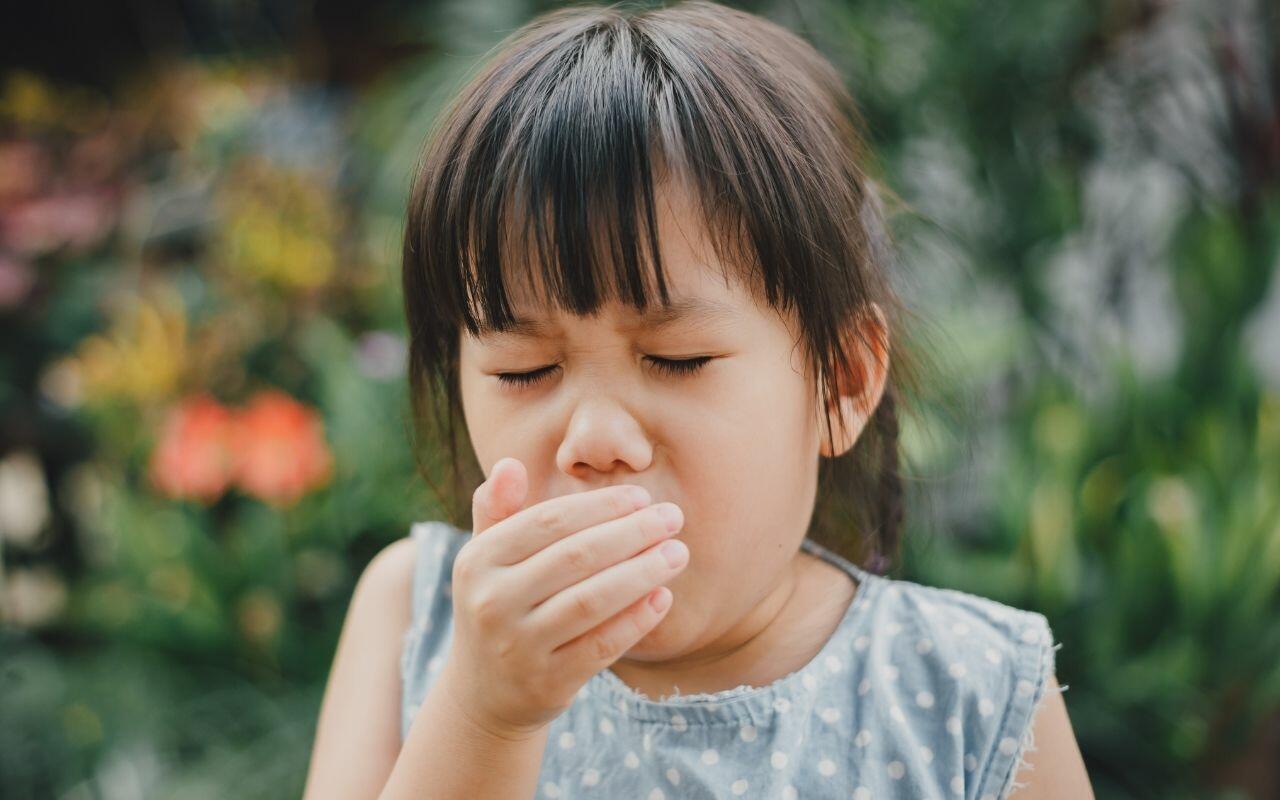
Bad breath isn’t restricted to adults. Kids can get bad breath too, which can become chronic if they have underlying dental issues. Because bad breath or “halitosis” is related to mouth bacteria, the breath tends to be worse in the morning when the bacteria have time to multiply as your child sleeps. However, when your child has bad breath all the time, your child could have issues with their gums or teeth, or other medical issues such as a sinus infection or digestive issues. While proper dental hygiene helps avoid bad breath, always mention chronic bad breath to your dentist.
Teeth Sensitivity

Sensitivity to hot and cold foods could be a sign your child has thinning enamel. Since kids’ tooth enamel is already thin, it is more prone to erosion from acids and plaque. If your child does experience tooth sensitivity, mention it to your dentist as it could progress to serious issues such as receding gums. This means the sensitive tissue below the gum line is exposed which can increase the risk of tooth decay or cracks that expose the painful nerves. Their sensitivity could also indicate there are already cavities or tooth decay developing. Your dentist can determine the cause, and also offer tips on how to brush properly to reduce damage to the teeth and gums.
Issues Related To Thumb-Sucking
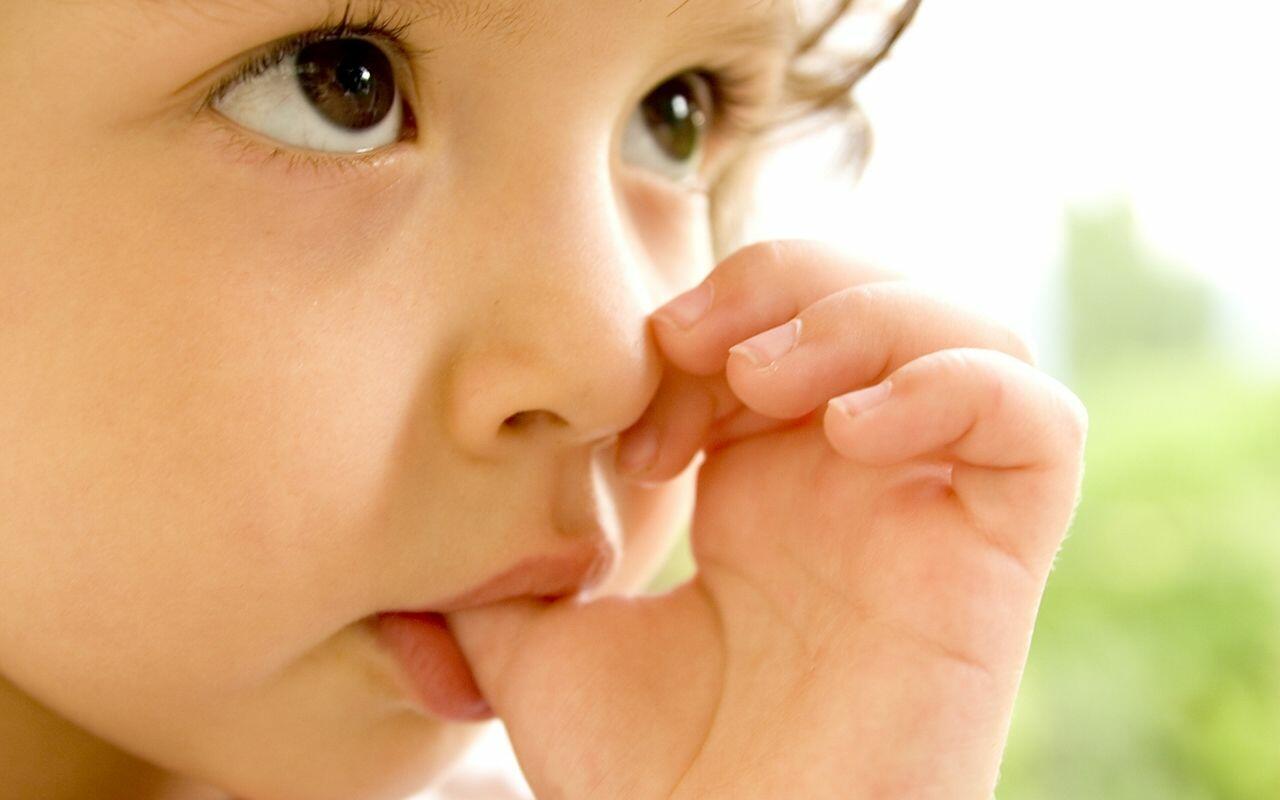
Thumb-sucking is an instinctive habit that starts in the womb. However, most kids rid themselves of the compulsion to suck their thumb by the age of two or three. If your child continues sucking beyond this age, it can negatively affect their oral development. Your dentist will look for issues caused by thumb-sucking to help eliminate the damage as soon as possible.
This is important because it will affect the development of their permanent teeth as well as the roof of the mouth and tooth alignment. Discouraging thumb-sucking and pacifier use before your child turns two can ensure they don’t suffer the consequences which can include not only oral issues but difficulty with speech. Your dentist will offer tips to help your child stop sucking their thumb.
Gum Disease
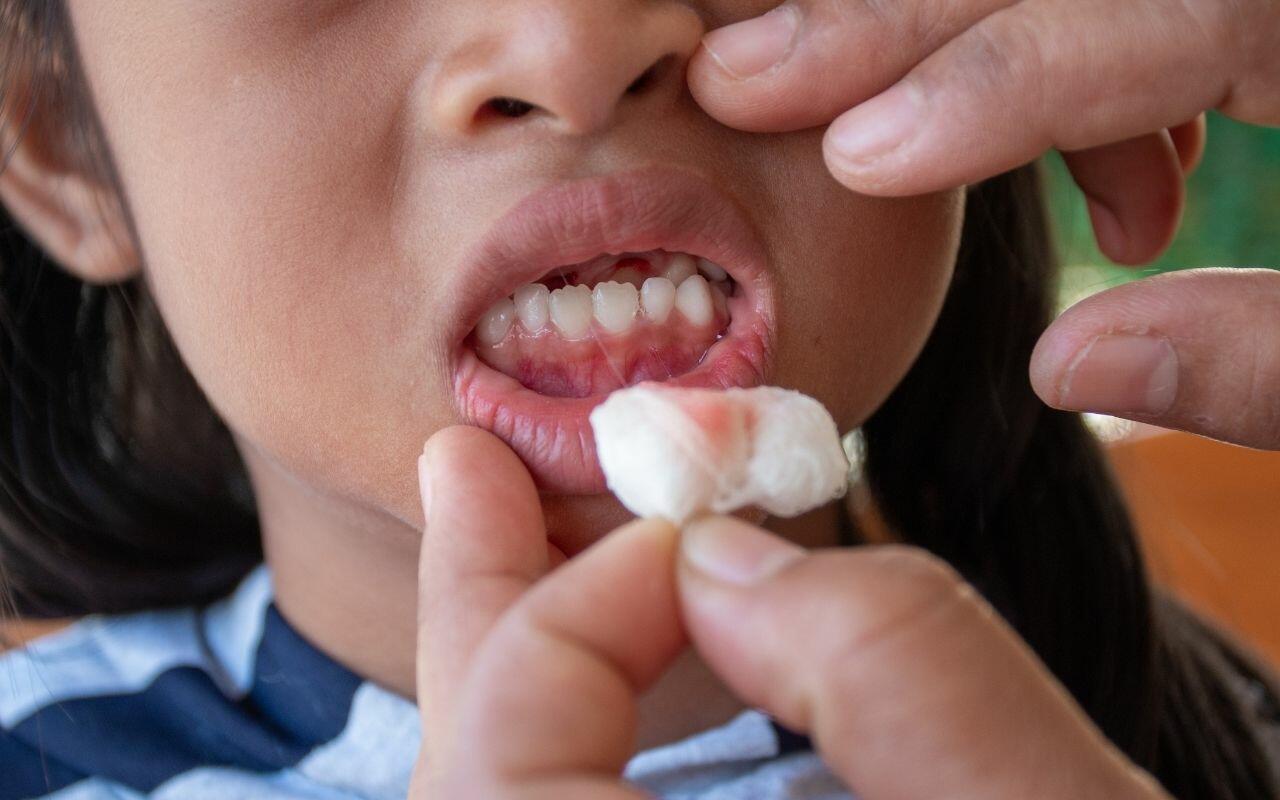
Gingivitis is the early stage of gum disease-causing inflammation of the gums. It is a common occurrence in kids who don’t brush and floss properly. When left unchecked it can progress to periodontitis which puts your child at risk of tooth loss and bone damage. Your dentist will check the gums for signs such as swelling and redness. You should also report a pinkish or red colour when they spit after brushing their teeth.
Gum disease develops when plaque and tartar buildup is on the teeth along the gumline. This causes irritation. It can be reversed in the early stages by improving their oral hygiene. This is why six-month checkups are so important as they allow your dentist to catch gum disease early.
Bruxism
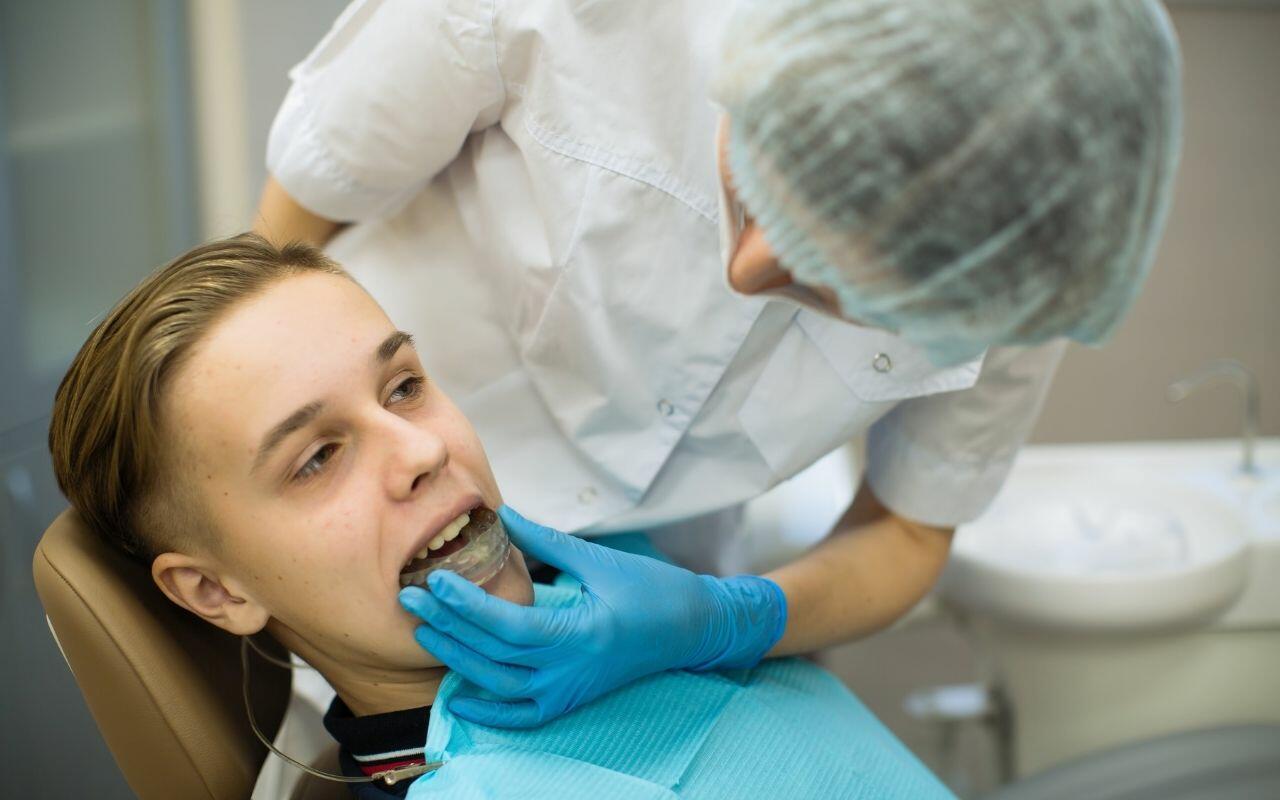
Also known as teeth grinding, many school-aged kids grind their teeth. Unfortunately, grinding can cause damage to teeth. It can also be a sign your child’s top and bottom teeth are not aligned properly. Your dentist will look for signs of bruxism, but if you know your child grinds their teeth be sure to mention it. Some signs your child grinds, other than a noticeable grinding sound when they sleep, include complaints of jaw and face pain, or even earaches. For severe cases, your dentist might recommend your child wear a nightguard to help reduce damage.
Canker Sores
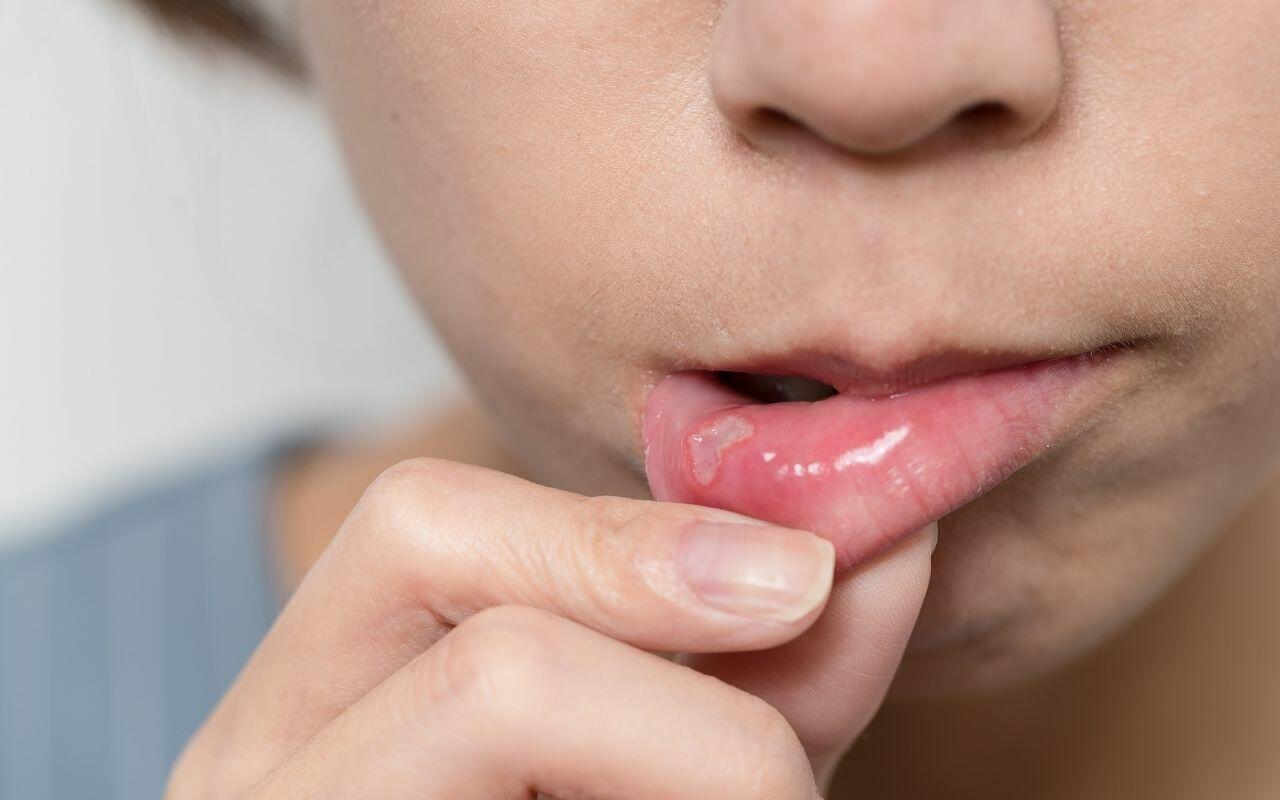
Also known as aphthous ulcers, cankers are small sores inside the mouth. They can occur on the inside of the cheeks, on the gums or on the tongue. Canker sores are not cold sores so are not infectious. They tend to go away on their own, but can still be quite uncomfortable. While the cause is unknown, there are some factors that increase risk, including:
- Stress
- Infection
- Poor diet/nutritional deficiencies
- Acid reflux
- Allergies
- Cheek bites
- Aggressive brushing
Your dentist can recommend antimicrobial mouthwash or topical products to help them heal faster and also reduce pain.
Stubborn Baby Teeth
Losing baby teeth is a normal occurrence for children starting about the age of six. However, for some kids, the baby teeth are a little more stubborn. If their primary teeth refuse to fall out, or they are loose but causing pain, mention this to your dentist. Teeth naturally become loose as the incoming adult tooth puts pressure as it tries to break through. As well, premature loss of teeth can also be troublesome as the permanent tooth might not develop properly. Your dentist will spot these issues and can determine what treatment is recommended, if any.
Over-Retained Primary Teeth
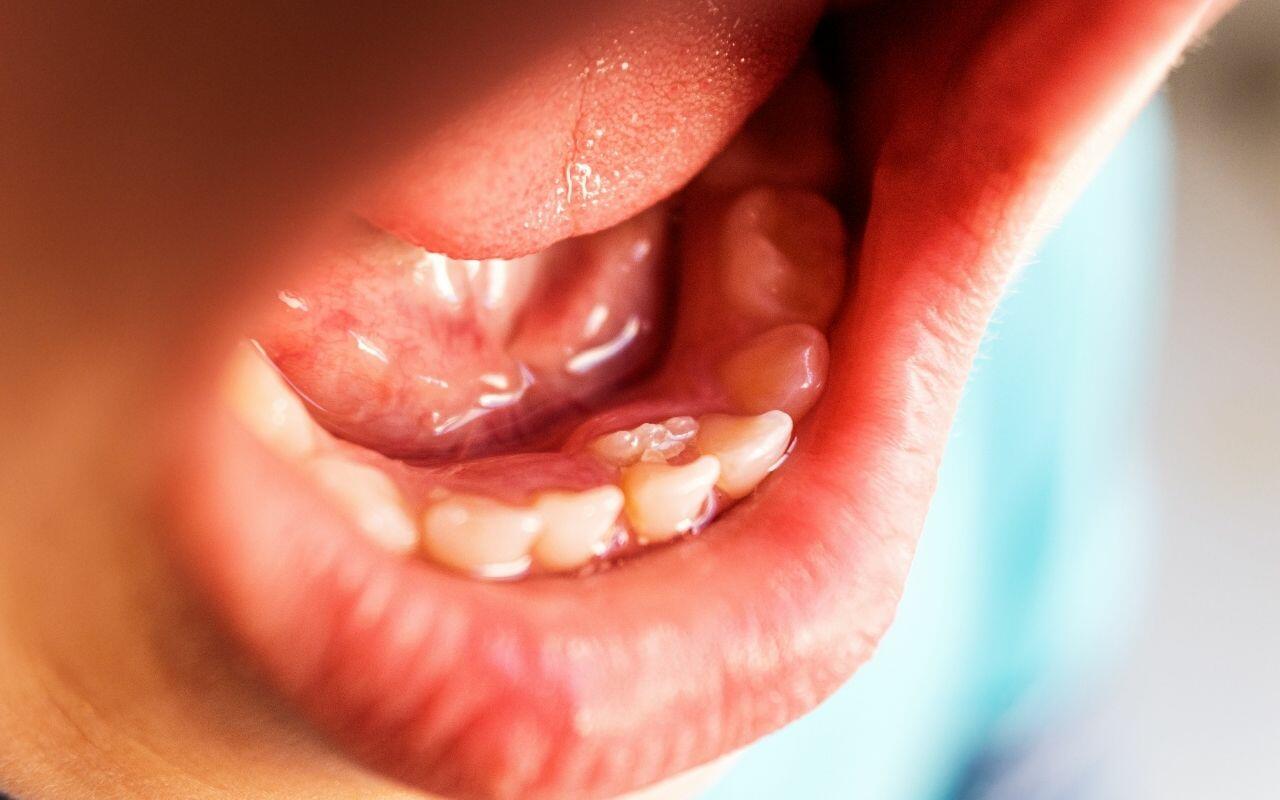
This is a special case where not only your child’s teeth don’t fall out, but they also remain in place. In some cases, the adult tooth pushes through, and the baby tooth remains in place. In other cases, your child might not have a permanent tooth to come through. Your dentist examines “over-retained primary teeth” to find out what is causing the issue, such as:
- The absence of a permanent tooth
- Obstructions
- Misalignment
- Trauma
- Infection
Your dentist will decide if it is time to remove the primary tooth or if another treatment is required such as braces to address misalignment once the adult teeth emerge.
If your child is experiencing any of these common childhood dental problems, call us to schedule an appointment at 905-775-5307 or click here to request an appointment.

